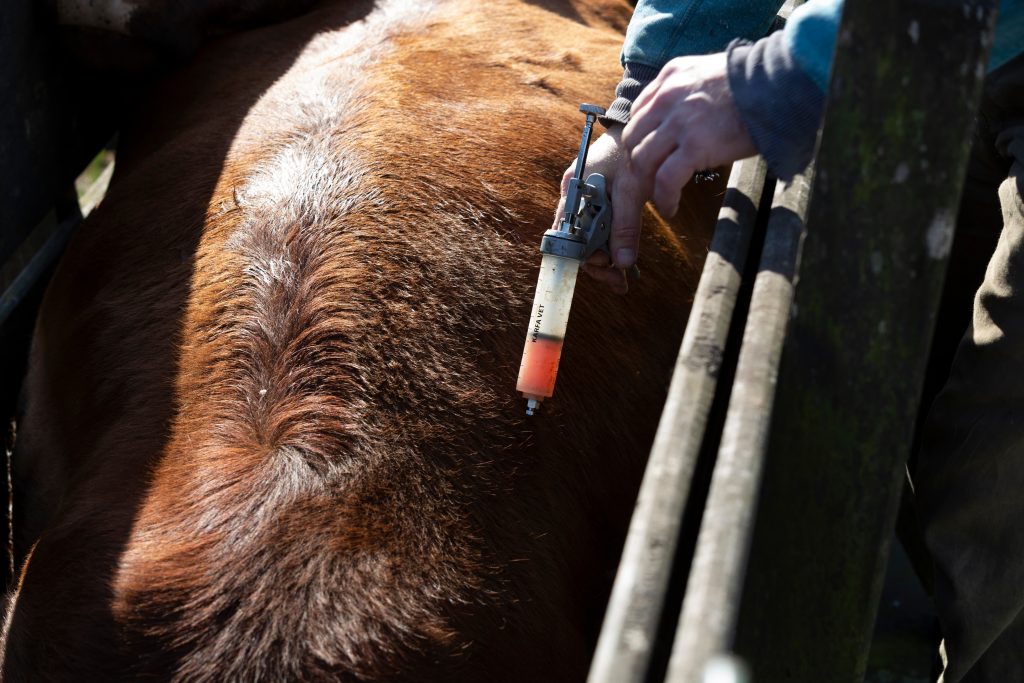
On today’s Cow-Calf Corner, Rosslyn Biggs, DVM, Oklahoma State University State Extension Beef Cattle Specialist, talks about solving the shortage of veterinarians serving rural communities.
Veterinarians are critical to the success of rural communities and rural economies. Veterinarians support food and fiber animal industries, maintain the health of companion animals, identify zoonotic diseases, and play a critical role in disease surveillance to protect US agriculture. As cattlemen know, there is a growing challenge to food supply veterinary medicine. In particular, the number of veterinarians serving rural communities has declined during the last thirty years.
Oklahoma State University is committed to addressing challenges in rural communities including impacts to veterinary medicine and animal agriculture. The percentage of OSU graduates entering food animal or mixed animal practice is routinely higher than the national average. From the Class of 2023 respondents, 25% percent of OSU grads entered large or mixed animal practice while the national average historically fluctuates between 10-15%.
To fully address this multifaceted challenge, OSU CVM intends to create a Center for Rural Veterinary Medicine (CRVM). The CRVM represents a team-based approach to the study of rural veterinary medicine and associated challenges and shortages, and the development and implementation of strategies to address these challenges. The current vision for the program includes a service component in underserved/rural regions, as well as outreach programs to mentor youth in these regions to help prepare them for STEM careers, including veterinary medicine. One CRVM program, the Integrated Beef Cattle Program for Veterinarians, has already started.
The Integrated Beef Cattle Team, comprised of faculty from veterinary medicine, animal science, agricultural leadership, and agricultural economics was established with grant funding from the United States Department of Agriculture. Based on feedback from beef industry stakeholders, the team created a curriculum for a class of 20 Oklahoma veterinarians and 20 OSU veterinary students.
The program intends to enhance the sustainability of veterinary practices serving the Oklahoma beef cattle industry and surrounding region. Topic covered in the curriculum included leadership, communication, mentoring, practice management, welfare, stockmanship, mental health, and production medicine. A heavy emphasis has also been placed on connecting veterinarians, students, and industry leaders. Class III of this program will begin in January 2024.

















